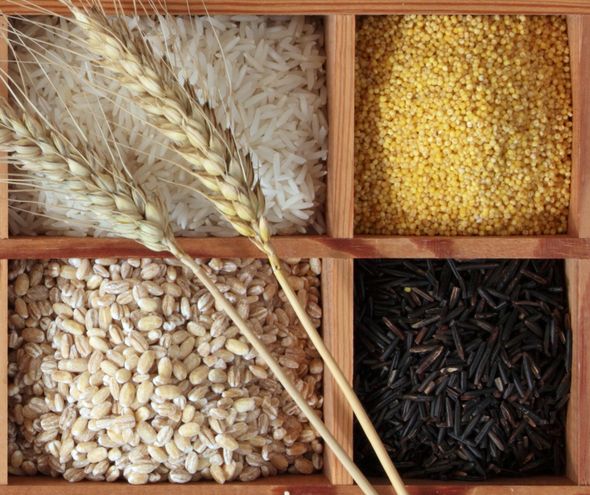
Maybe some of you already have posts on ours Blog of the phytochemicals read. Today we clarify what this is about.
As the name suggests, these are substances that only occur in plants. More precisely, phytochemicals can only be produced by plants. Usually they have a specific function and serve the plant, for example, as Protection, coloring or flavoring substance .
For us humans, secondary plant compounds are not essential, i.e. not necessary for life. Nevertheless, they can have effects on our body. They are important for many metabolic processes and can also have a health-promoting effect.
Secondary plant substances can be divided into different groups, which can have different influences on our body. Depending on the group, these plant substances can have the following effects:
It is important to mention at this point that this possible Effects are. Secondary herbal substances should not be taken in isolated form, i.e. not as dietary supplements. Probably the effect of these substances on that Teamwork all (or several) ingredients of a plant-based food traced back.
The German Society for Nutrition e. V. (DGE) recommends eating a varied and colorful diet and “ a high consumption of vegetables and fruit including pulses and nuts as well as whole grain products to ensure a good supply of phytochemicals. “ [1]
We hope you were able to take something away from this post. If you have any questions about phytochemicals, please feel free to contact us. We look forward to an email at j.fuschelberger@agrisan.at .
Koerber, K., Männle, T., Leitzmann, C. (2004): Whole food nutrition: Conception of a contemporary and sustainable diet. Stuttgart: Haug, 71-81
https://www.dge.de/presse/pm/sekundaere- Pflanzenstoffe-und-ihre-ektiven-auf-die-gesundheit-farbenfrohe-vielfalt-mit-potenzial/ (Call on January 12, 2021)
[1] https://www.dge.de/wissenschaft/weiter-publikationen/fachinformationen/sekundaere- Pflanzenstoffe-und-ihre-ffekt/#c1697 (Call on January 12, 2021)
Address:
Gasteigweg 25,
5400 Hallein
Austria
Opening hours:
Monday to Thursday: 09 – 16:00
Friday: 09 – 12:00
Contact:
Phone: +43 6245 83282
E-mail: info@agrisan.at
Address:
Gasteigweg 25,
5400 Hallein
Austria
Opening hours:
Monday to Thursday: 09 – 16:00
Friday: 09 – 12:00
Contact:
Phone: +43 6245 83282
E-mail: info@agrisan.at

